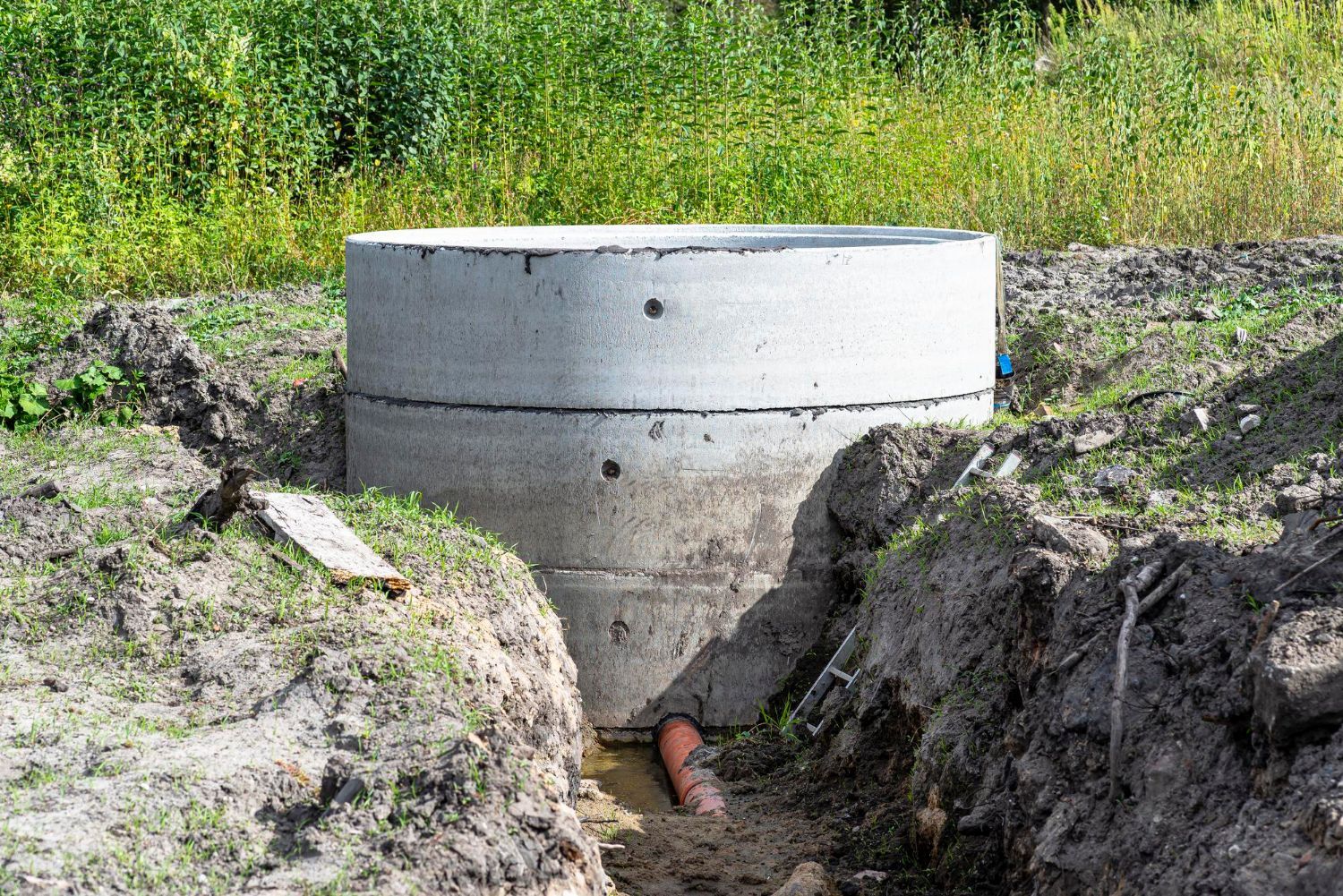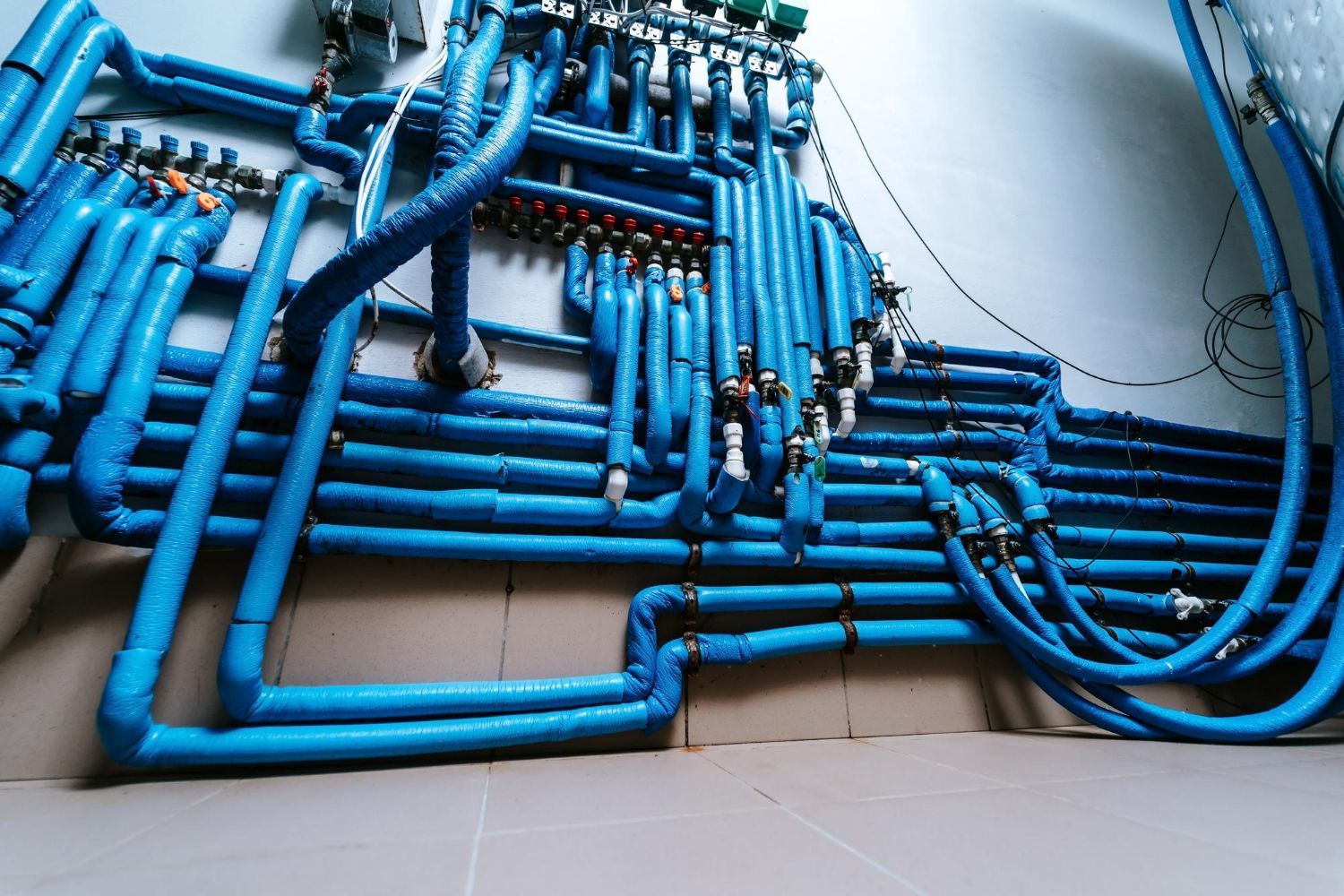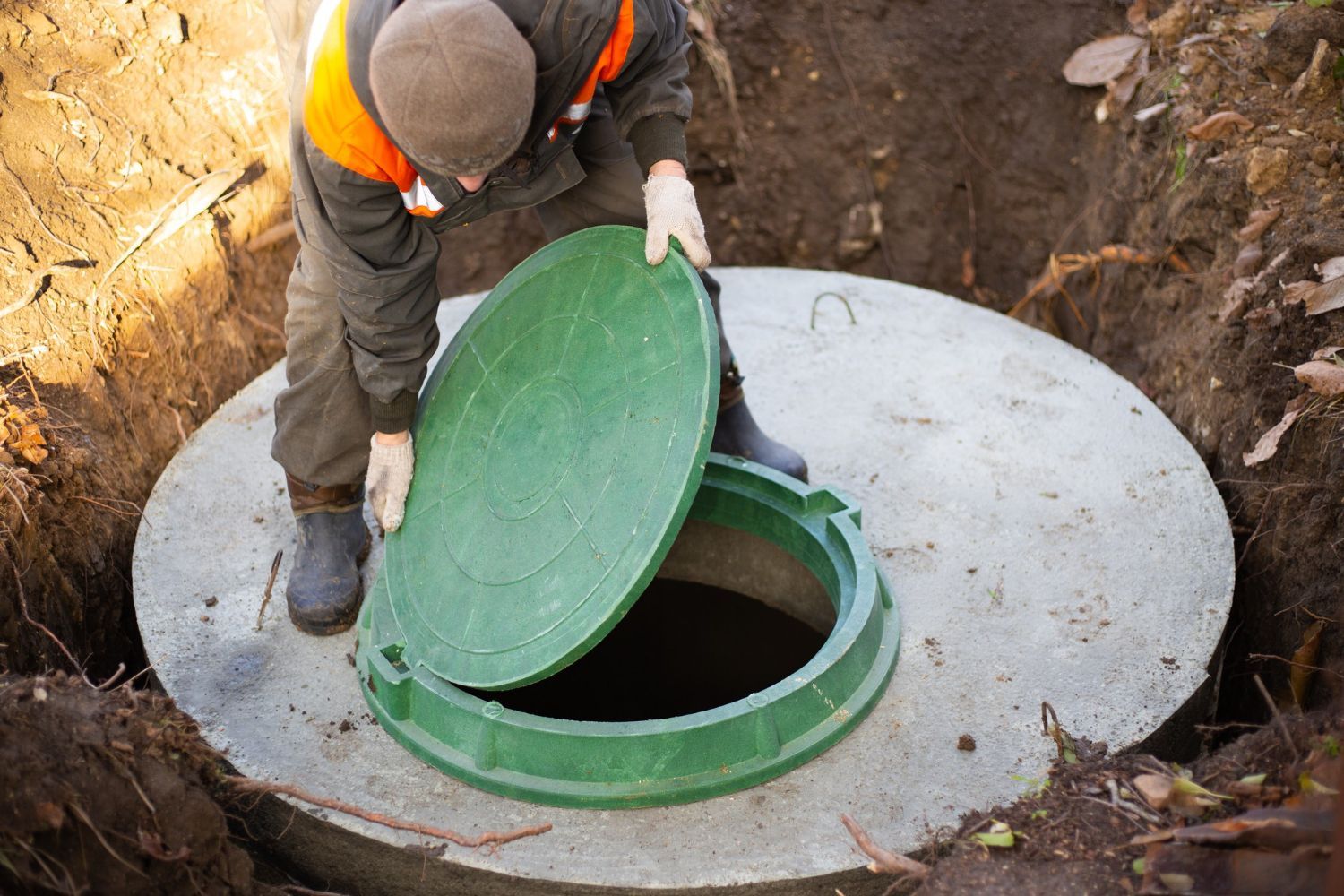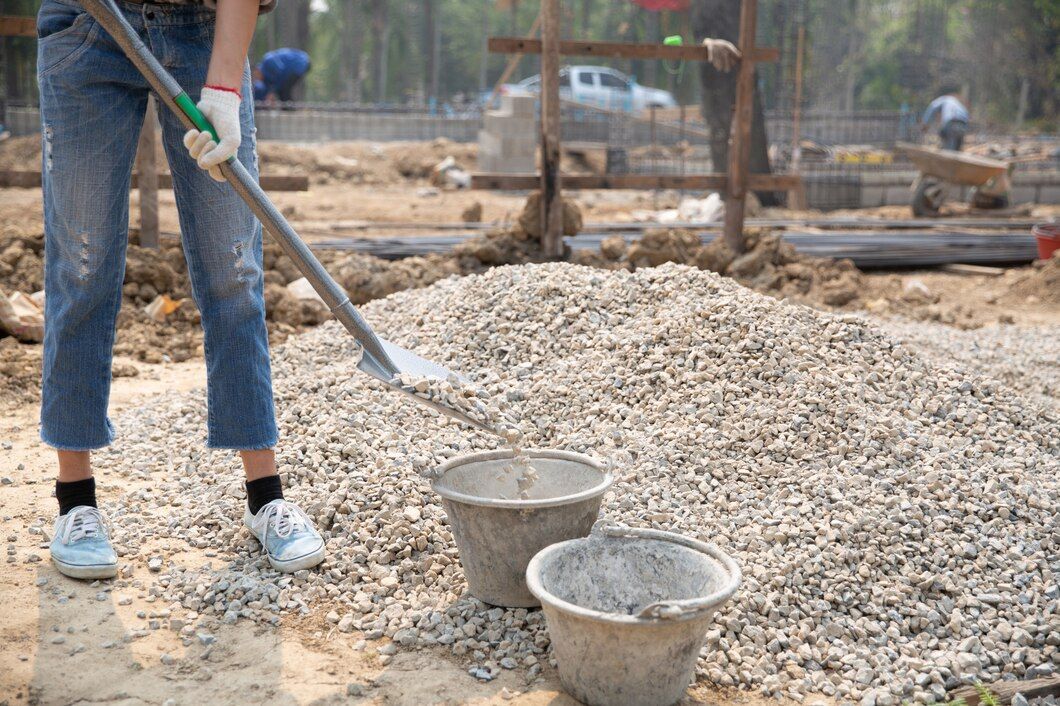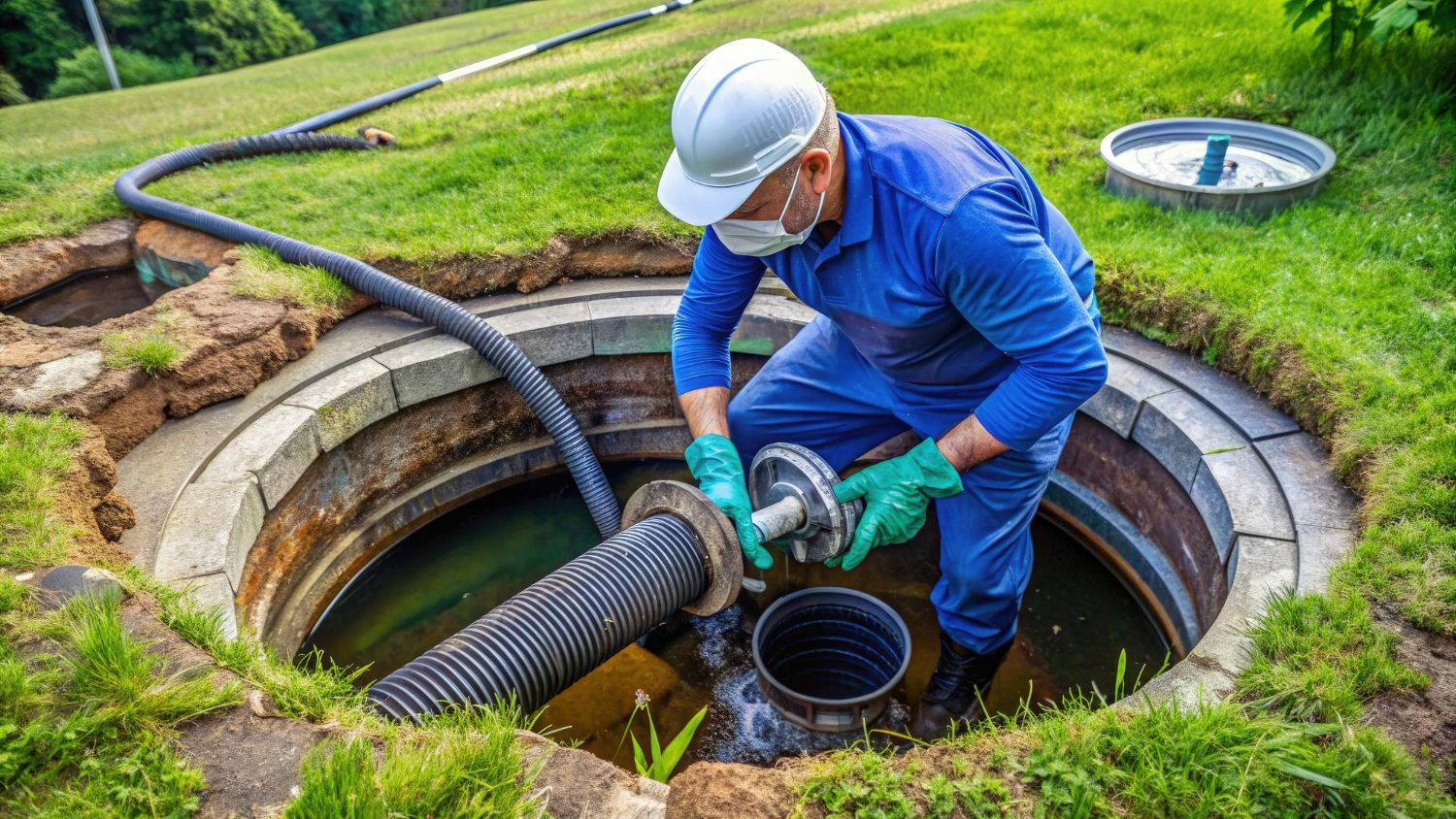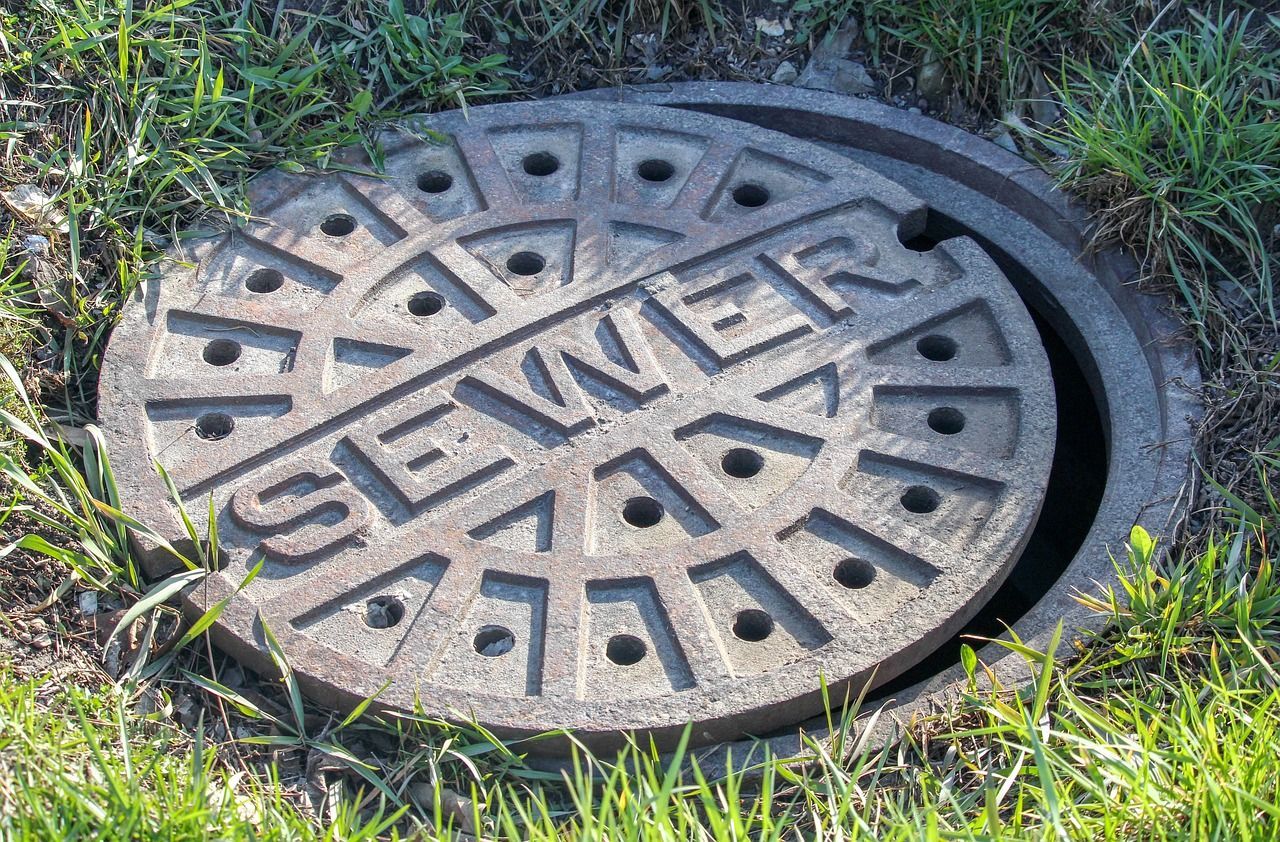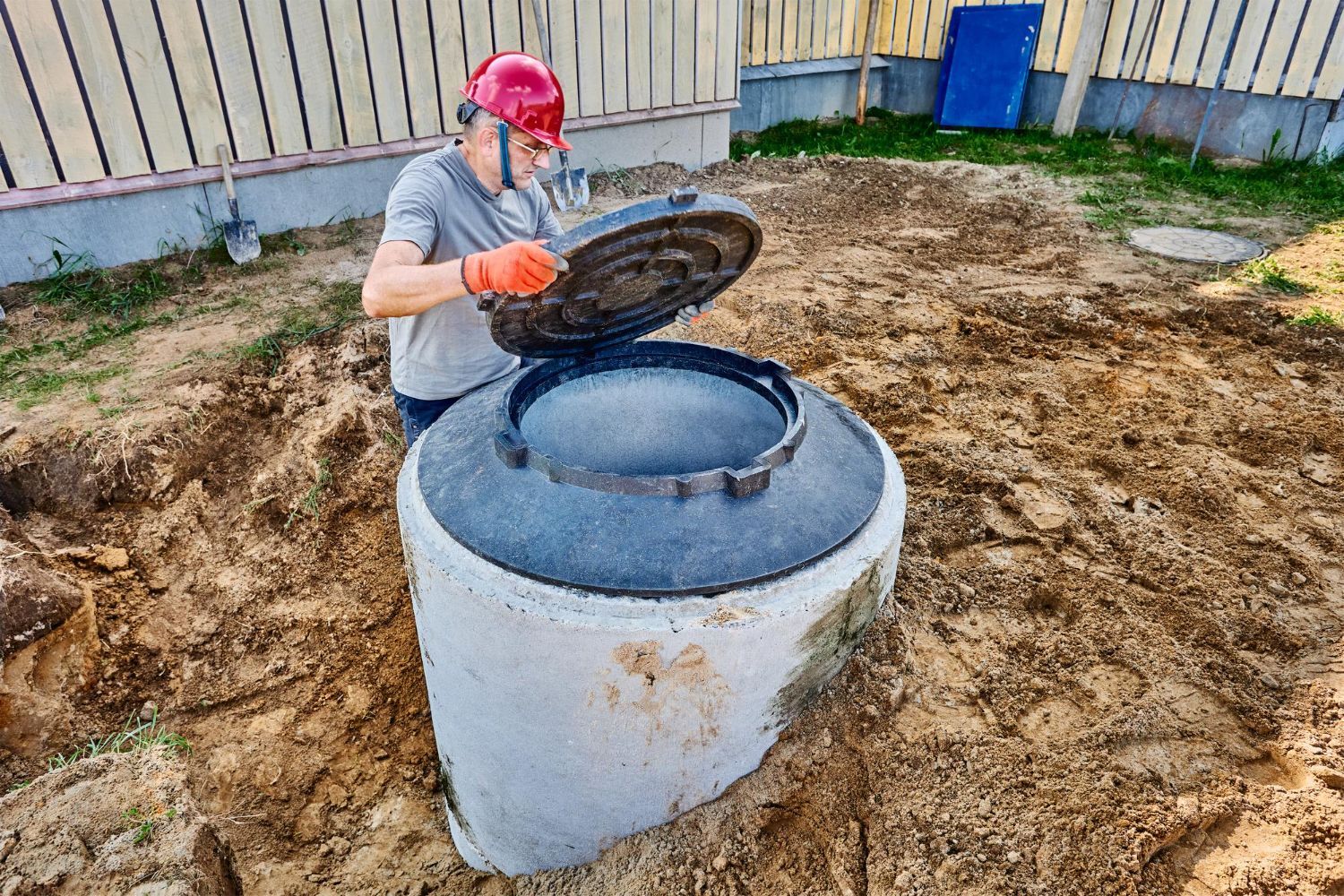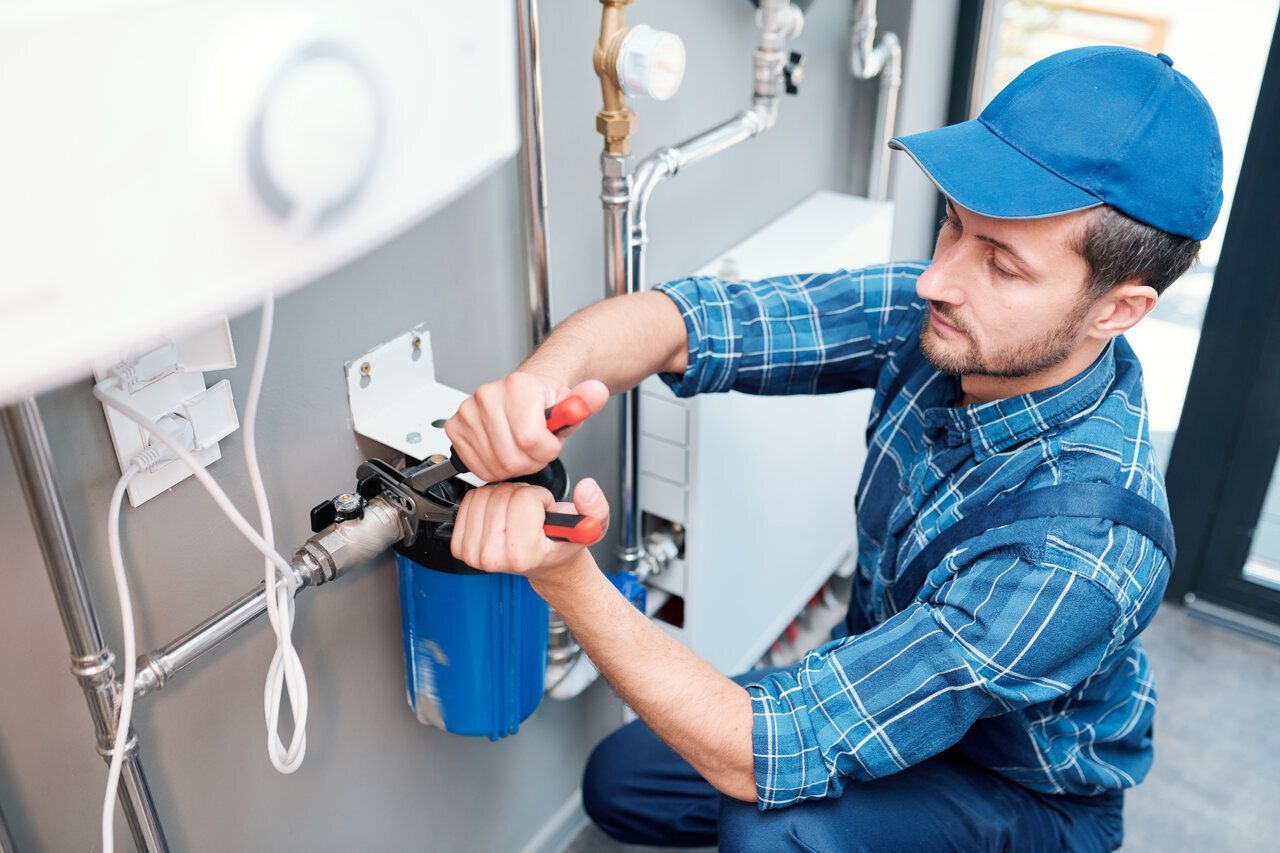Easy Ways to Take Care of Your Home Septic System
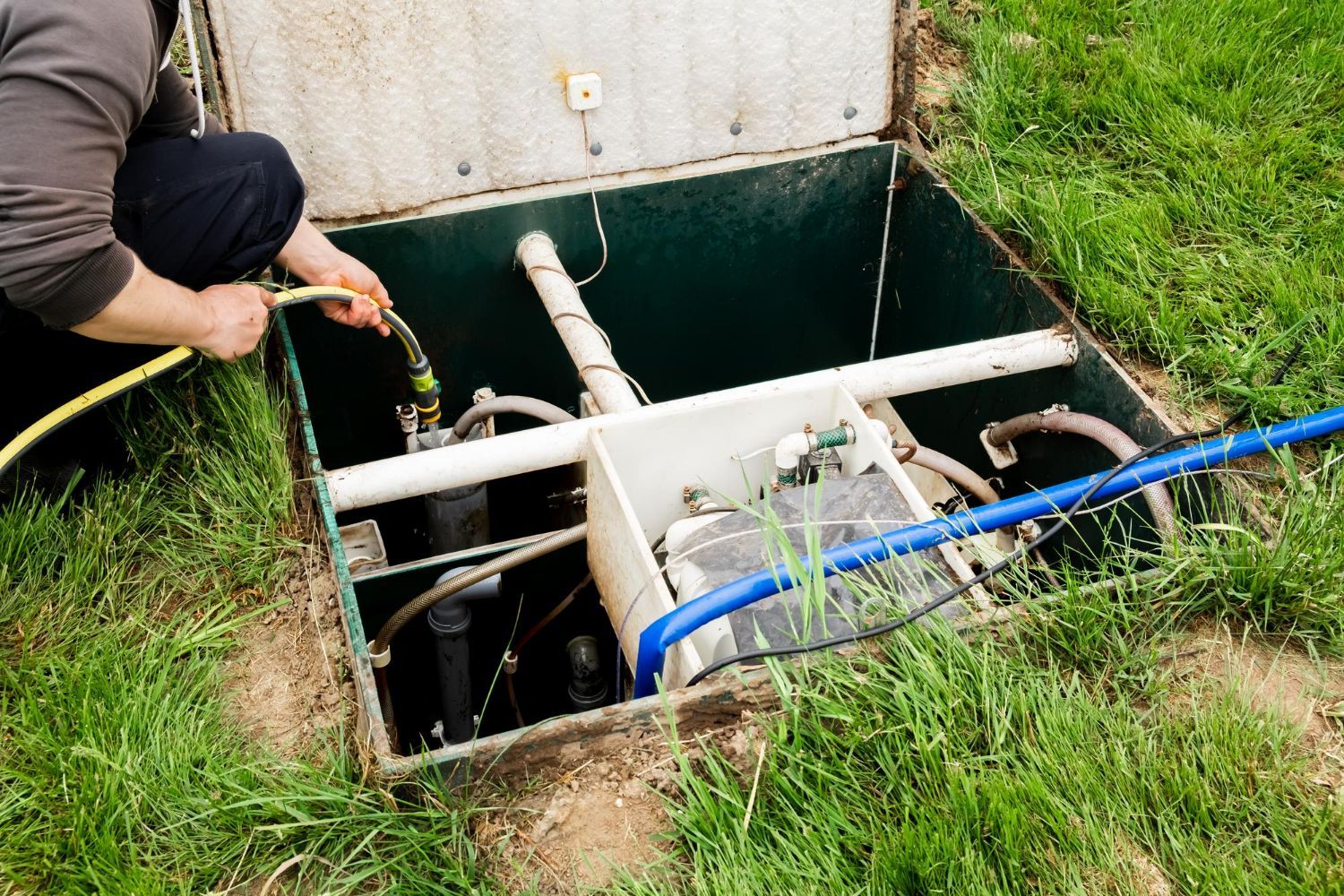
Taking care of your home septic system is essential for keeping your plumbing running smoothly. A well-maintained septic system not only helps avoid costly repairs but also ensures a healthier environment for your family. By following some simple steps, you can extend the life of your septic system and avoid major headaches down the road.
One of the most important aspects of septic system care is regular pumping and inspection. This prevents sludge and scum buildup, which can clog the system and lead to backups. Knowing when to call a professional for these services is key to keeping everything in top working condition.
Another crucial practice is proper waste disposal. What goes down your drains can significantly affect your septic system's health. Avoid flushing non-biodegradable items and be mindful of what you pour down sinks and toilets. These simple practices can help maintain the system's efficiency and longevity.
Additionally, conserving water can greatly benefit your septic system. Using water efficiently reduces the strain on your septic tank, preventing overflow and potential damage. Simple changes in your daily habits can make a big difference in water conservation.
Finally, be mindful of how landscaping can impact your septic system. Proper planning around your septic tank and drain field can prevent root intrusion and soil compaction, which can damage the system. Thoughtful landscaping can enhance your yard's beauty and protect your septic system.
Regular Pumping and Inspection
Regular pumping and inspection of your septic system are crucial for its health. Typically, a septic tank should be pumped every three to five years, depending on its size and household usage. Pumping removes the solid waste that accumulates at the bottom of the tank. If too much waste builds up, it can overflow into the drain field, causing a messy and expensive problem.
Inspections are just as important. Having a professional check your septic system can catch potential issues early. They can identify cracks, leaks, or any other problems that might be developing. Routine inspections help you address minor repairs before they turn into major headaches.
In between professional inspections, you can perform basic checks yourself. For instance, keep an eye on the drains in your home. If you notice they are slowing down, it could be a sign that your septic tank is full. By keeping up with regular pumping and inspections, you ensure your septic system runs efficiently and lasts longer.
Proper Waste Disposal Practices
What you flush or pour down the drain can seriously affect your septic system. Proper waste disposal is essential to keep your septic tank functioning well. Avoid flushing items that don’t break down easily, such as wipes, feminine hygiene products, and diapers. These materials can clog the system and cause backups.
Be careful with what you pour down the sink, too. Grease, oil, and fat should be disposed of in the trash, not down the drain. These substances can solidify in your pipes, causing blockages that are hard to clear. Instead of using chemical drain cleaners, opt for natural alternatives like baking soda and vinegar.
Medicines, paints, and harsh chemicals should also be kept out of your drains. They can disrupt the natural bacteria that help break down waste in your tank. For everyday use, consider switching to septic-safe toilet paper and cleaning products designed specifically for septic systems. By following these waste disposal practices, you can help maintain your septic system’s balance and efficiency.
Water Conservation Tips
Conserving water is vital for maintaining a healthy septic system. Too much water can overload the system and hinder waste breakdown. Adopting water-saving habits can make a big difference. Simple steps like fixing leaky faucets and showerheads can prevent excess water from entering your septic tank.
Use water-efficient fixtures wherever possible. Low-flow toilets and showerheads reduce water usage without compromising performance. Spread out laundry and dishwashing throughout the week instead of doing multiple loads in one day. This prevents the septic system from being overwhelmed with too much water at once.
Additionally, be mindful of your landscaping and irrigation practices. Over-watering your lawn and garden can lead to excess water entering the septic system. Use mulch to retain soil moisture and water plants during the cooler parts of the day to reduce evaporation. By conserving water, you help your septic system function efficiently and extend its lifespan.
Landscaping and Septic System Protection
Your landscaping choices can significantly affect your septic system. Protecting the area around your septic tank and drain field is essential. Avoid planting trees and shrubs too close to the system, as their roots can infiltrate and damage the pipes. Stick to smaller plants with shallow roots that are less likely to cause problems.
Keep heavy objects like vehicles and construction equipment off the drain field. The weight can compact the soil and damage the septic system components. If you plan to landscape, design a layout that directs water runoff away from the tank and drain field. Excess water can saturate the area and cause the system to fail.
Maintain a buffer zone of grass or other vegetation around your septic system. This helps absorb excess water and prevents erosion, which can expose or damage septic components. Regularly check the area for signs of leaks or damage and address any issues promptly. Thoughtful landscaping can protect your septic system and enhance the beauty of your yard.
Conclusion
Taking care of your home septic system doesn't have to be complicated. With regular pumping and inspections, proper waste disposal practices, water conservation, and mindful landscaping, you can keep your septic system running smoothly. By following these easy steps, you avoid costly repairs and ensure a healthier environment for your family.
Remember, a well-maintained septic system is crucial for both your home and the surrounding area. Don’t wait until a minor issue becomes a big problem. Stay proactive to extend the life of your septic system and prevent unexpected headaches.
If you need professional septic services or have any concerns about your system, contact Apollo Sewer & Plumbing. We're here to help with all your plumbing and septic needs. Reach out to our
plumbers in Hazlet, NJ, today for expert advice and reliable service.

